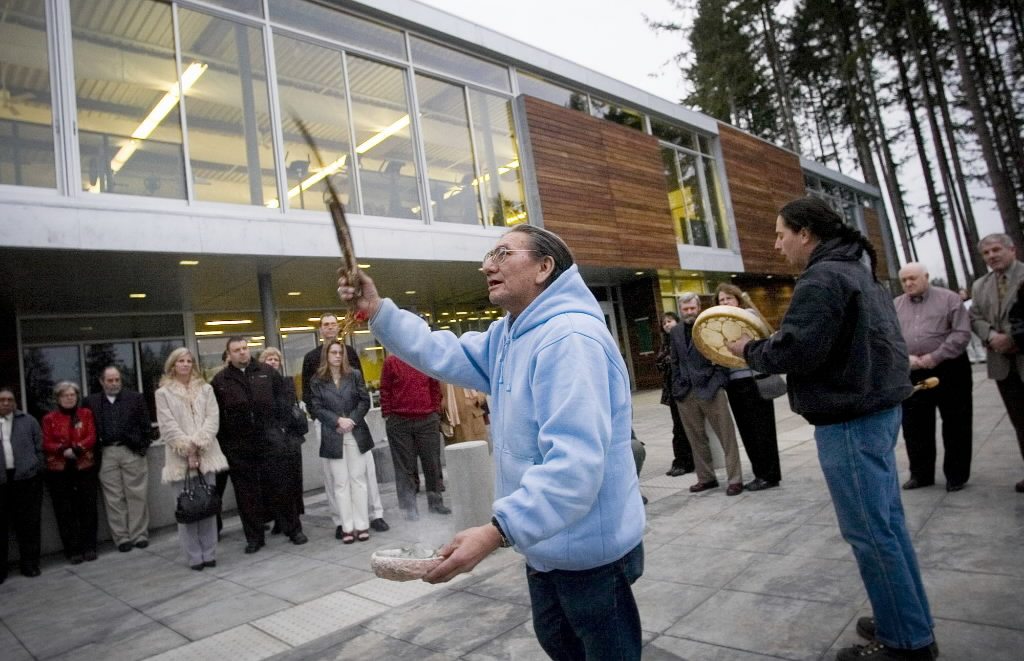Homeowners aren’t the only ones taking advantage of low interest rates these days.
Vancouver is poised to refinance up to $16 million in debt from its 2003 construction of the Firstenburg Community Center to save up to $800,000 in interest, Vancouver Chief Financial Officer Lloyd Tyler said.
The city council approved the first reading of the refinancing ordinance Monday night; a public hearing and final vote will be Oct. 3.
Last year, Vancouver paid $26.2 million on its debt, including $9.5 million in interest.
Vancouver “has been proactively monitoring interest rates over the past 10 years and has refinanced debt to reduce payments whenever market conditions were right,” Tyler wrote in an email.
Vancouver borrowed $18.5 million to finance the construction of the east side recreation center in 2003 at an interest rate of 4.43 percent.
Since 2001, the city’s refinanced more than $54 million in general obligation bonds — paid from the city’s general fund — which reduced debt payments by more than $3.1 million, Tyler said. The city’s average borrowing cost for its long-term general obligation bonds is about 4.2 percent.
Water and sewer utility debt is paid off through utility rates, but also has a much higher debt load.
Vancouver has refinanced more than $100 million in those bonds, which reduced debt payments by more than $5.4 million. The average borrowing cost on its long-term utility revenue bonds is slightly less than 4.1 percent.
But the federal issue of debt has also trickled to local discussions, with candidates and city councilors sharing their concerns.
Future water, sewer work
Also on Monday, the city’s public works officials discussed a plan to move future water and sewer line expansion and maintenance projects to a pay-as-you-go system.
“Considerable” work is needed in the city’s water infrastructure, Public Works Director Brian Carlson said. While the city can do the $150 million in projects planned for the next two decades without incurring debt, it will have to be paid for by a long-term program of rate increases, Carlson said.
“We’d gotten used to developers replacing aging infrastructure — that’s no longer the case,” Carlson said. “Customer rates are going to be the big component that pays for that.”
The city has pumped quite a bit of debt into expanding its sewer capacity, which Carlson projected should be covered by rates increasing only for inflation. The debt should be repaid by 2020, when that money can then go to maintenance and other capital plans.
The city council expressed its approval for the department to research a rate increase program; details on possible rate increases will be available by the end of the year.
Several councilors, including Councilor Jeanne Harris, said they don’t want to limit capital construction to a pay-as-you-go only system, just in case a large developer needs to be connected to the system, or if some other major need arises. Even Councilor Jeanne Stewart, often the most financially conservative member of the council, agreed that some debt is acceptable.
“Those who think we won’t have big capital improvements or some debt are living in some kind of fantasy land,” Mayor Tim Leavitt said.
Andrea Damewood: 360-735-4542, http://facebook.com/reporterdamewood, http://twitter.com/col_cityhall or andrea.damewood@columbian.com.



